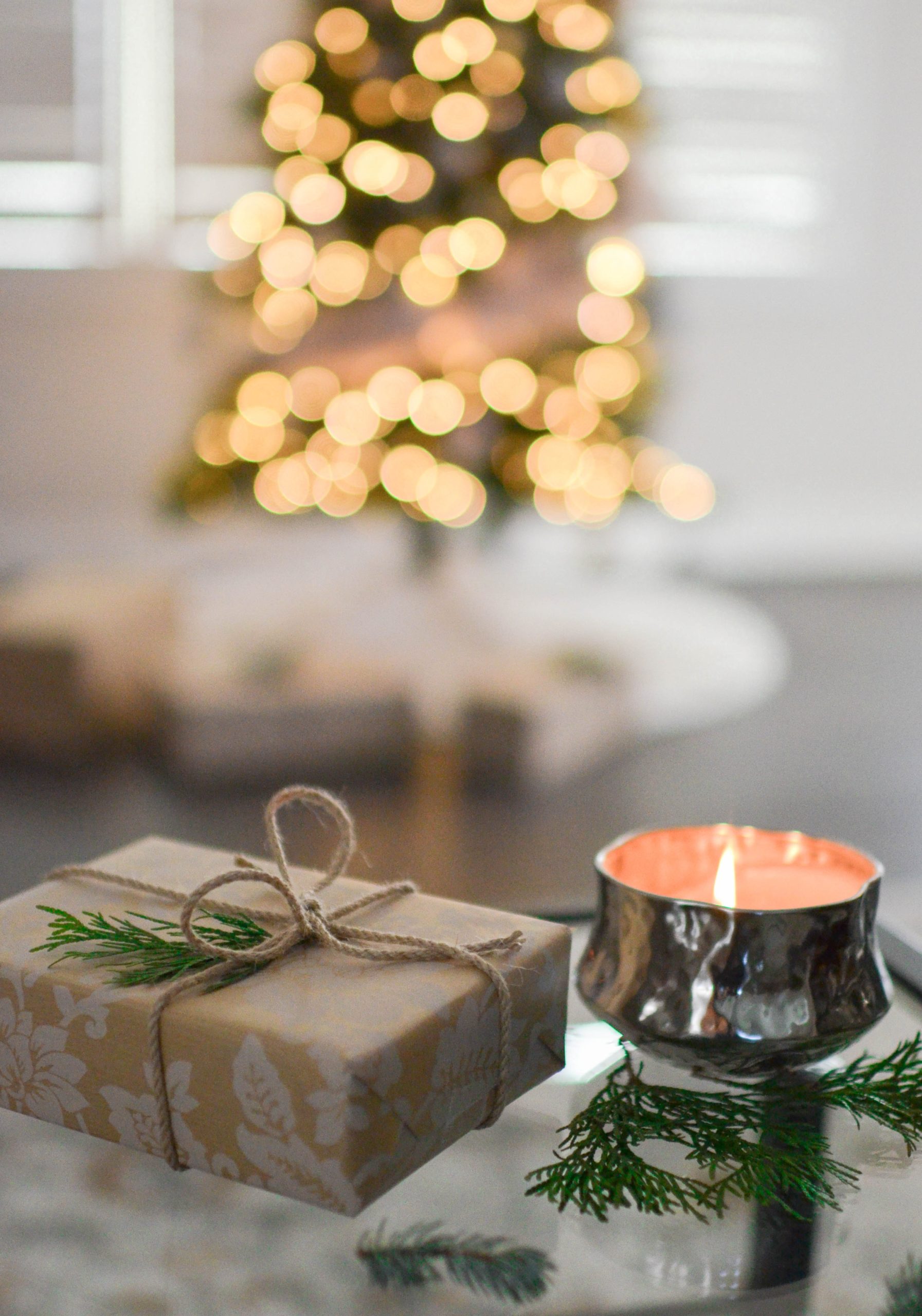It’s that time of year again: Holiday Season is on its way.
Love it or loathe it, the festive period is renowned for triggering occasional stressors and strains. Trying to keep kids entertained, navigating family tensions, or even just last-minute gift-shopping can all take a toll on your emotional health.
Given the tumultuous year, we’ve had, the next few months are gearing up to be more challenging than ever before. To remain calm and centred this holiday season (towards both yourself and others) it’s important to create some me-time with a cosy self-care ritual.

Self-care is about routinely checking in with yourself to maintain your inner peace. And while specific self-care rituals vary from person to person, there are five simple steps you can take to strengthen your own holiday ritual and really hone in on that preventative care.
1. Breathe
Yep, it sounds simple but the power of breathing is honestly transformative. In fact, it’s so powerful that this ancient calming practice has been taught to Buddhist monks for centuries.
To practice breathing, take a minute each day to focus on the rhythm and depth of your breath. Notice how it centres you.

Use your breathing as an opportunity to notice any stresses or anxieties that your busy day might not have allowed you to feel. Recognise and acknowledge the wide range of feelings you’re having, then refocus on the breath.
Download a meditation app or search for guided meditation videos online for expert-led guidance.
2. Write
Writing down your thoughts helps you let go of any uncomfortable sensations that may be brewing internally. This is especially true around the holiday season when life can feel simultaneously isolating and overwhelming.
Put your pen to paper (or fingers to keyboard) and jot down your thoughts and emotions.

Suppose you’re having difficulties with a certain family member in particular. It may be helpful to write them a letter, noting down your frustrations and trying to find solutions.
They never have to actually receive the letter, but through the act of writing, you’ll soon find that sharing your thoughts via written word can be pretty cathartic.
3. Talk
Talking can be difficult. We all know it. It’s hard to turn to someone and say ‘Hey, I’m having a hard time right now because of XYZ – what do you think I should do?’
These uncomfortable feelings can stem from not wanting to be a burden or worrying that your feelings aren’t valid. But speaking about how you feel, the things that are worrying you, or the way other people are impacting you is so critical to your self-care.

When you have doubts about talking, remember that human beings are inherently social creatures. We seek, enjoy, and are validated by those around us confiding in us.
Reaching out to those in your social circle can be doubly beneficial – you’ll feel like a weight’s been lifted, while they’ll feel trusted. What’s more, talking through your struggles with a friend or relative can often help you draw conclusions you may not have thought of alone.
4. Exercise
Being outside, moving your body, and getting fresh air and sunshine work wonders for your health. When it comes to exercise, self-care can be anything from a 10-minute walk to an hour-long swim.
Whether you jog through woodland, take a beachside stroll with your family, or sit by a pond with your puppy, soaking up nature and releasing our stressors are so important in self-care.

Our physical energies absorb immeasurable benefit from the natural world and feeling connected to the cyclical nature of the environment around us.
Remember that self-care means taking care of both your internal soul and external body, and exercise helps you do just that.
5. Accept
Acceptance is both the most difficult and most essential step in any self-care ritual.
Essentially, acceptance means being aware that there will be challenges you can’t control. Allowing those struggles to consume your thoughts and mind detracts from true happiness and the happiness you project to those around you.

Sometimes, we must accept things for the way they are, rather than constantly try to change them.
To incorporate acceptance into your holiday self-care ritual, try shifting your perspective on something that’s causing you bad feelings. If you can, attempt to understand the situation from the other person’s point of view.
It’s very rare that people act out of malice. Usually, they too think they’re doing the right thing and it’s likely that they just want the best outcome for everyone.

Remember, a holiday self-care ritual looks different for everybody. But no matter what your practice includes, you’ll feel better for incorporating the fundamentals of breathing, writing, talking, exercising, and accepting into your routine.
Identify what brings you joy while paying close attention to these five simple steps and you’ll set yourself up for long-term self-care success.
Be patient with yourself, check-in with your emotions, and care for your internal soul and your external body. And by looking after your whole self – your emotional, physical and spiritual wellbeing – you can be sure you’ll go through the holiday season as the best version of who you truly are.





